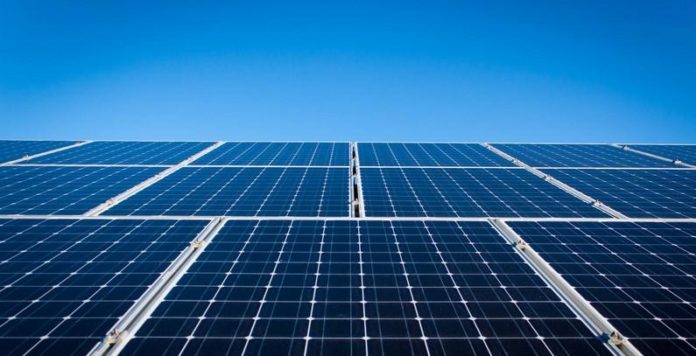New Delhi (NVI): Industry body Solar Power Developers Association (SPDA) today attributed the achievement of solar tariff in the country to a record low of Rs 2 per unit, to the Central government’s stable policies and proactive role of implementation agencies.
In a statement issued today, SDPA, a national association representing India’s upcoming solar power generators and developers said that the record low tarrif, discovered in an auction held by Solar Energy Corporation of India (SECI) for 1,070-Mw solar power projects, “is indeed a historic milestone as Indian renewable energy sector added another feather to its cap.”
Pertinent to mention here that in an auction held on Monday, Saudi Arabia-based Al Jomaih Energy and Water, and Green Infra Wind Energy, a unit of Singapore-based Sembcorp Industries, quoted the lowest rate for 200-Mw and 400-Mw capacity projects, respectively.
SDPA further said that Prime Minister Narendra Modi laid the ground with a grand vision of adding 175 GW of renewables by 2022 and further revising the target to 450 GW by 2030.
“The program has enabled developers to achieve the necessary scale and has been one reason for the rapid decline in Tariffs. It also reinforces the confidence shown by national and international investors in India’s renewable growth story,” the industry body said.
It further said that the role played by Union Power Minister RK Singh and the Central Implementation Agencies like SECI, NTPC, and FIs/Banks needs a special mention for playing a pivotal role in shaping policies, maintaining a regular dialogue with developers and proactive real-time resolution of bottlenecks.
SPDA is an independent industry association, committed to promoting the solar sector in India. It represents around 50-member companies from the solar sector, assisting in policy evolution and a healthier investment climate for renewable energy projects and services.
The member companies of SPDA includes all the large players who have actively contributed with more than 75% of total capacity operation in India.
ARK








